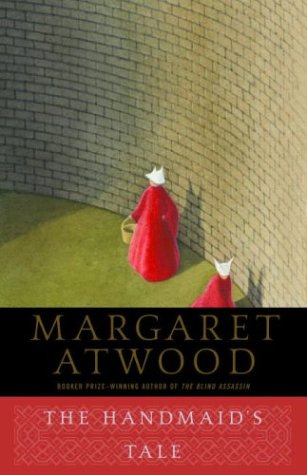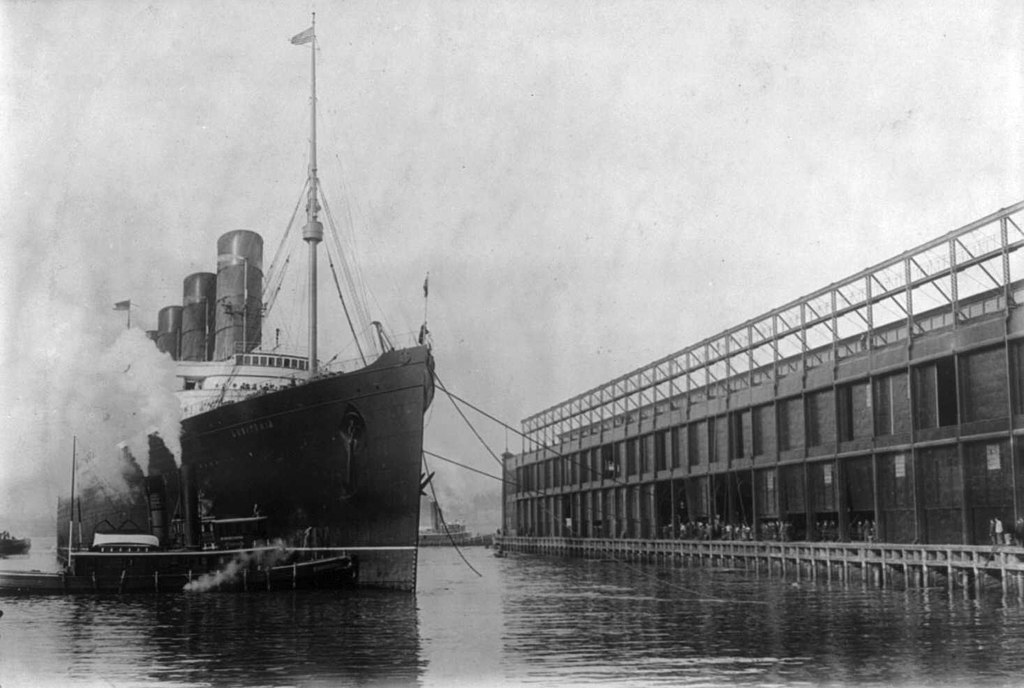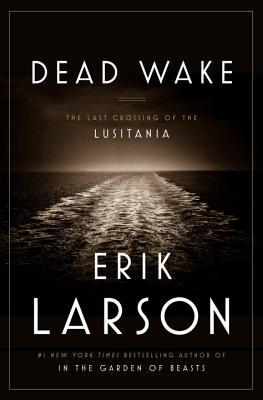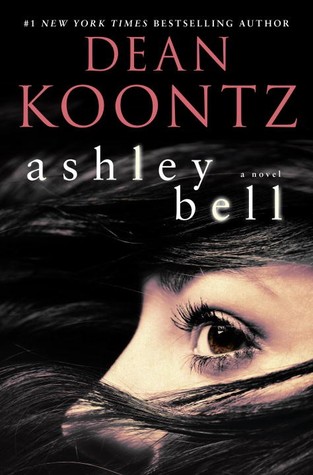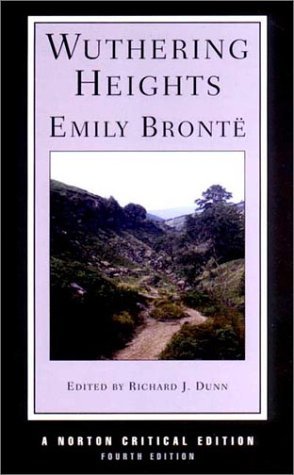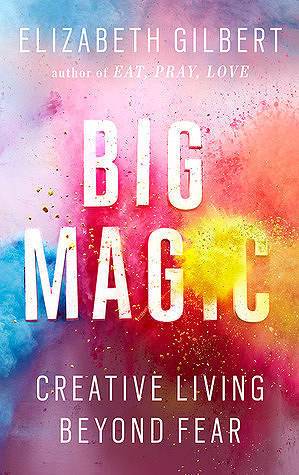One of my
goals for myself this year was to take my total reading goal (50 books) and devote 10% of that to historical books in the non-fiction realm. I mistakenly thought Dead Wake was fiction so it now counts as my historical goal.
Larson writes such an engaging story that you flow along with it like it is fiction. Hence, my mistake.
The Lusitania in NY
I choose to add the historical goal because of the current landscape in America. The old adage stands true:
Those who cannot remember the past are condemned to repeat it. (George Santayana)
When I was reading
Cleopatra, I kept thinking that the current political landscape looks the same as Cleopatra's political landscape, although we have less bloodshed. The same backbiting, sabotage, propaganda, etc are still going on today. And sadly, we still have the masses of people that believe the lies. If we haven't learned anything from the BC period, what else have we forgotten?
You know that the
Lusitania sank. It happened a few years after the
Titanic sinking. But my guess was, there was more to it. Things that we could have learned from, backroom dealings that could have made a difference in saving over 1,100 lives. I was right.
The Lusitania was a British ship, one of their most regal and best passenger liners, that was embarking on a trip from NY to Liverpool. They did learn from the Titanic disaster and made sure there were enough lifeboats for every soul on board. How little that actually helped.
Captain William Thomas Turner was at the helm for this journey. He was already crippled by British orders in that 1) he had to take on more passengers from another ship that was being commandeered by the Royalty for war usage (that caused a 2 hour delay in leaving port) and 2) He had been ordered to not fire off all 4 boilers for speed in order to save money. He could use 3 and only travel about 20 knots, top speed, instead of the famed 25 knots that The Lusitania was known for. Speed could have saved the ship in the end, along with those extra 2 hours.
Keep in mind this is wartime, First World War, and Germany is already using U boats (aka submarines) to torpedo any ship they deem suitable. Most passenger liners were getting convoyed to their destination across waters under attack by destroyers. Interestingly enough, The Lusitania did not get that type of assistance.
As I read, it became obvious that there were many things that the British Intelligence chose to keep to themselves that could have made a difference to the passengers and crew of The Lusitania. Did they have an end game? Why gamble with The Lusitania, as renowned and regal as it was, and the lives on board?
America was neutral at this time in the war under Woodrow Wilson. It could be a conspiracy theory but I call it a theory, because it's hard to look at this disaster and not come to the conclusion that Britain wanted America to come into the war and fight on their side. What better would cause the sway of public opinion than the tragedy of The Lusitania being torpedoed by a German U boat and over 100 American lives being lost?
But we still did not go to war.
Through propaganda and use of Intelligence and pressure, Britain finally was able to convince Wilson to enter the First World War (clearly not called the First yet.....).
A lot of what British Intelligence did to manipulate world opinion, including standing back and letting over 1000 people die, disgusted me. But in the end, I was more disgusted by the treatment of Captain Turner. The Royalty needed a scapegoat to blame the entire incident on and they chose Turner. Even Churchill went after Turner in order to keep their super-secret Room 40 Intelligence a super secret.
Larson, again, is an amazing writer who brings history to life and places you right in the middle. I highly recommend this book. And ask you: did we learn from this? Or are these very things still happening? I know what my opinion is.
